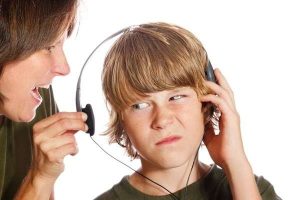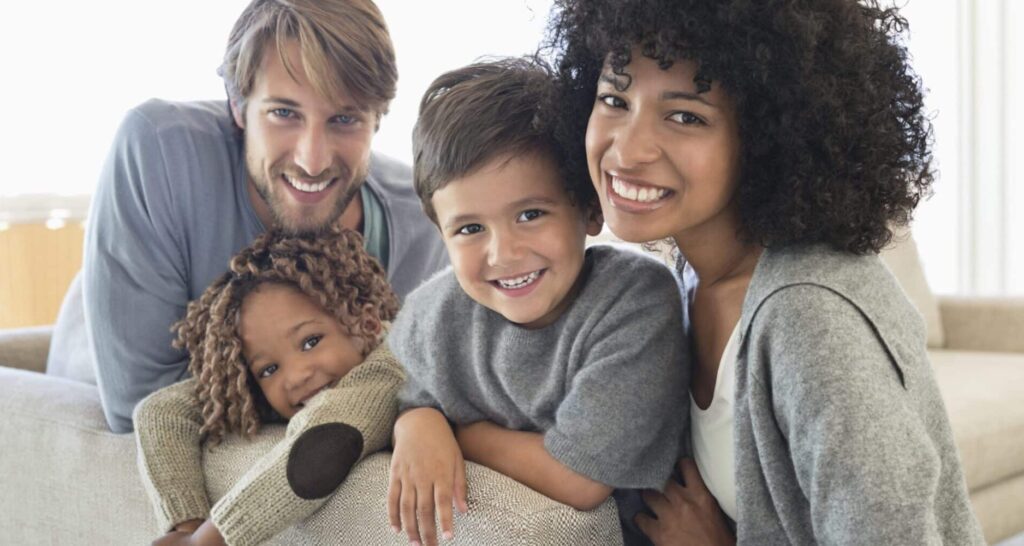
Individual Therapy For Children and Adolescents
Services are available for children and teens to help with behavioral, emotional and relationship problems. Therapy is conducted on a variety of difficulties. Areas may include attention and hyperactivity disorders, anxiety, depression, social skills problems, disobedience, and aggression. In addition, adjustment to divorce and/or blended families as well as school related issues. Individual therapy offers kids the opportunity to discuss problems one-on-one with a therapist. Interactions with younger children may take place in the context of therapeutic play activities. Discussions and activities are based on the age and developmental level of the child.

Individual Therapy for Adults:
Services are available for a variety of emotional, interpersonal and behavioral difficulties. Areas may consist of depression, anxiety, relationship problems, assertiveness training, anger management, and bereavement (grief). Comparatively, individuals also frequently seek therapy for adjustment problems related to life changes. For instance, those that may arise after divorce, relocation, job loss or other traumatic experiences.

Group psychotherapy is a special form of therapy in which a small number of people meet together under the guidance of a professionally trained therapist to help themselves and one another.
NOW OFFERING more support for families through groups and workshops – More Group Therapy information here

Executive Function Coaching
Executive Functions are a set of cognitive abilities that help manage, control, and regulate your brain. They are known as goal-directed behaviors that help guide you towards adapting and achieve goals.

Creative Arts Therapy for Children and Adolescents
Creative Arts Therapy is where psychology and creativity meet help others. Art Therapy typically incorporates psychotherapy and the arts. Through this process, one may discover the curative nature of the creative process and the healing potential of art. What is Creative Arts Therapy?
Could My Child Need Therapy?
Knowing when to seek treatment for mental health concerns is important for parents and families.

Nutrition Therapy For Mental Health
Nutritional medicine focuses on the use of food and supplements to provide essential nutrients as part of an integrated or alternative treatment for mental health disorders.
Therapy for Children and Adolescents
Psychotherapy refers to a variety of techniques and methods used to help children and adolescents who are experiencing difficulties with their emotions or behavior. Although there are different types of psychotherapy, each relies on communications as the basic tool for bringing about change in a person’s feelings and behaviors. Psychotherapy may involve an individual child, a group of children or a family. In children and adolescents, playing, drawing, building, and pretending, as well as talking, are important ways of sharing feelings and resolving problems.
As part of the initial assessment, a qualified mental health professional will determine the need for therapy. This decision will be based on such things as the child’s current problems, history, and level of development. In addition, the ability to cooperate with treatment, and what interventions are most likely to help with the presenting concerns. Therapy is often used in combination with other treatments. For example, medication, behavior management, or work with the school. However, the relationship that develops between the therapist and the patient is very important Furthermore, the child or adolescent must feel comfortable, safe, and understood. This type of trusting environment makes it much easier for the child to express his/her thoughts and feelings and to use the therapy in a helpful way.
Psychotherapy helps children and teens in a variety of ways.
They receive emotional support, resolve conflicts with people and understand feelings and problems. Additionally, they are able to try out new solutions to old problems. Goals for therapy may be specific (change in behavior, improved relations with friends or family), or more general (less anxiety, better self-esteem). The length of treatment depends on the complexity and severity of problems.
Parents should ask the following questions about psychotherapy:
- Why is psychotherapy being recommended?
- What results can I expect?
- How long will my child be involved in therapy?
- How frequently will the therapist see my child?
- Will the therapist be meeting with just my child or with the entire family?
- How will we (the parents) be informed about our child’s progress and how can we help?
Finally, a child therapist will be able to provide you with answers to your questions and concerns. Mental health professionals are specifically trained and skilled to provide psychotherapy to children and adolescents.
Office is located at 25 Burns Street, Suite 1D, Forest Hills, NY, 11375
